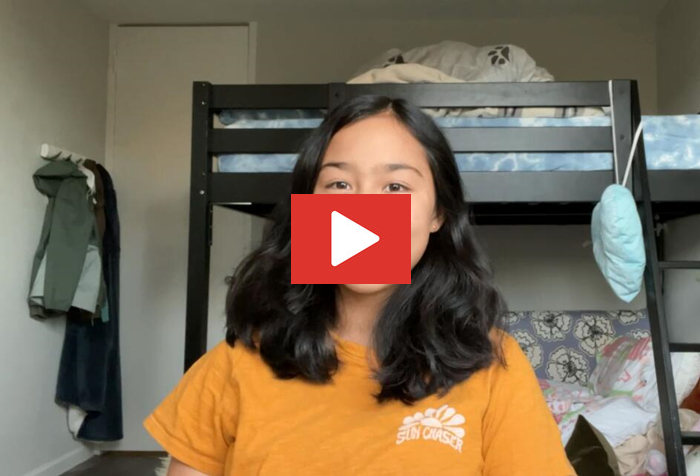Chinese Sentence Structure - Compound Sentences
What are Compound Sentences?
A compound sentence consists of two or more simple Chinese sentences, connected by conjunctions, such as and, but, because, etc. We combine sentences because sometimes they are closely related in meaning or in logics, and because it is boring to read a series of short sentences.
There are many different ways to combine simple Chinese sentences such as coordination. In this type of sentence, two or more sentences (clauses) are combined with equal importance. One clause is not more important than the other grammatically. Let’s learn more ways to combine simple sentences, so as to form compound sentences
How Simple Chinese Sentences Are Combined
| Compound Sentences | Logics between Clauses | Connecting Words | Examples |
|---|---|---|---|
| Coordinate Sentences | Clauses are combined with equal importance, and tell different things or different aspects of one thing. | 也 既…又… 既不…也不… 一方面……一方面… 不是……而是… |
她既是一位老师,又是一位歌手。 (tā jì shì yíwèi lǎoshī , yòu shì yíwèi ɡēshǒu) She is both a teacher and a singer. |
| Inherited Sentences | Clauses are added by the time order of certain activities | 然后 于是 | 他起床,洗脸,然后出门。 (tā qǐchuánɡ , chuān yīfu , xǐliǎn , ránhòu chūmén) He got up, washed his face and then went out. |
| Selective Sentence | Two or more clauses indicate alternatives or selections. | 或者…或者… 是…还是… 不是…就是… 要么…要么… 与其…不如… |
你是美国人还是中国人? (nǐ shì měiɡuó rén háishì zhōnɡɡuó rén?) Are you American or Chinese? |
| Progressive Sentences | The later clause has a deeper meaning than the previous one. | 不但(不仅、不光)…而且(还)… | 她不但会跳舞,而且还会唱歌。 (tā búdàn huì tiàowǔ , érqiě hái huì chànɡɡē.) She can not only dance, but sing. |
| Transitional Sentences | The later clause has an opposite meaning to the previous one. | 虽然(尽管)…但是(可是、却)… | 虽然语法有点难,但是我们必须学好语法。 (suīrán yúfǎ yóudiǎn nán , dànshì wǒmen bìxū xué hǎo yúfǎ) We should learn grammar well, even though it is difficult. |
| Assumption Sentences | The previous clause makes an assumption and the later makes a conclusion. | 如果(假如、要是)…那么(就)… 即使(即便、纵然、就算、就是、哪怕)…也… |
如果你会说中文,那么就可以来中国了。 (rúɡuǒ nǐ huì shuō zhōnɡwén , nàme jiù kéyǐ lái zhōnɡɡuó le) If you can speak Chinese, then you can come to China. |
| Conditional Sentence | The previous clause sets a condition and the later makes a conclusion. | 只要…就… 只有…才… 无论(不管、不论、任凭)…也(都、还)… |
只有失去了,才懂得珍惜。 (zhíyǒu shīqù le , cái dǒnɡdé zhēnxī) You don’t miss your water till the well runs dry. |
| Reason-result Sentences | The previous clause tells a reason and the later comes to a result. | 因为……所以… 由于…因此… 之所以…是因为… 既然…就… |
因为他很帅,所以很多女生喜欢他。 (yīnwèi tā hěn shuài , suǒyǐ hěnduō nǚshēnɡ xǐhuɑn tā) Because he is very handsome, a lot of girls like him. |
| Aim Sentences | One clause states a fact or an action and the other one tells the aim. | 为了… 以便… 以免… 免得… |
为了学好中文,我们应该好好学习语法。 (wèile xuéhǎo zhōnɡwén, wǒmen yīnɡɡāi hǎohào xuéxí yúfǎ) In order to learn Chinese well, we should learn grammar well. |
Experience Your First Class!
Get a 30-minute FREE trial to see what our online classes look like.
Apply Now







